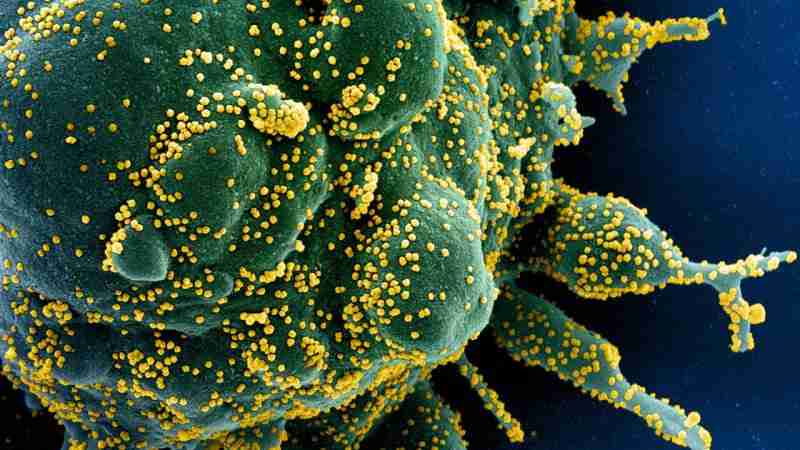[A] study, published in the journal Nature on [July 29], found that among a sample of 68 healthy adults in Germany who had not been exposed to the coronavirus, 35% had T cells in their blood that were reactive to the virus.
T cells are part of the immune system and help protect the body from infection. T cell reactivity suggests that the immune system might have had some previous experience fighting a similar infection and may use that memory to help fight a new infection.
So how could their immune system have reactive T cells if they never had Covid-19? They were “probably acquired in previous infections with endemic” coronaviruses, the researchers — from various institutions in Germany and the United Kingdom — wrote in the new study. Using this T cell memory from another-yet-similar infection to respond to a new infection is called “cross-reactivity.”
“[If you could] say, ‘Are people who have severe disease less likely to have cross reactive T cells versus people who have mild disease maybe having more cross-reactive T cells?’ I think that there’s biological plausibility to that hypothesis,” [researcher Amesh Adalja] said. “It’s clear though that the T cell presence doesn’t prevent people from getting infected, but does it modulate the severity of infection? That’s what it appears could be the case.”



































